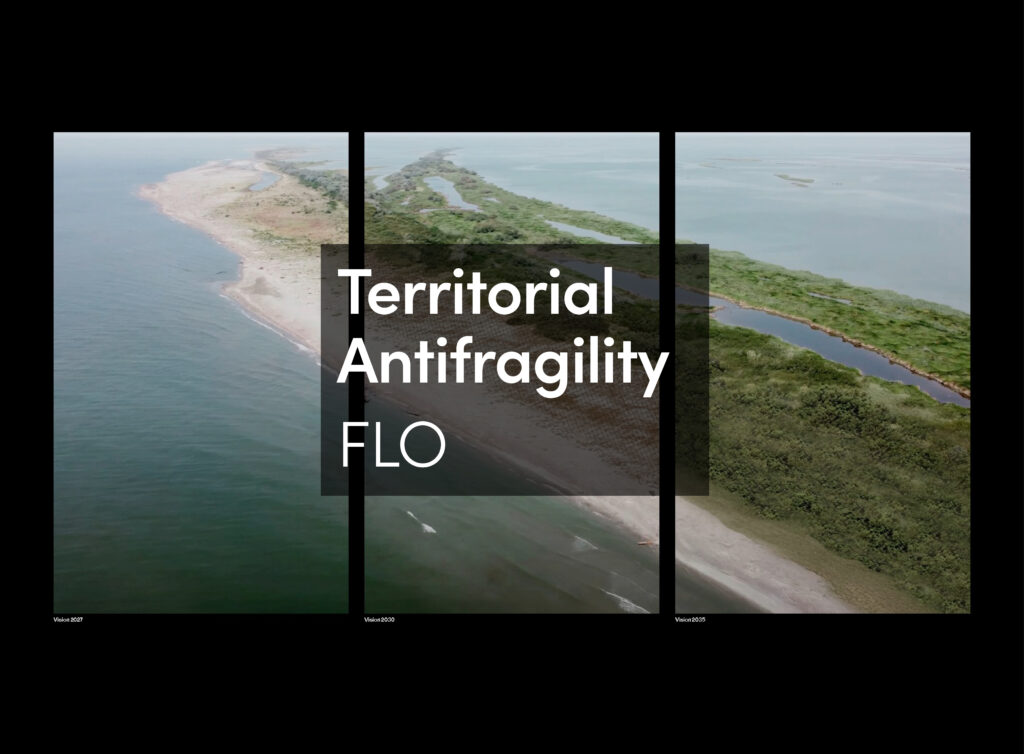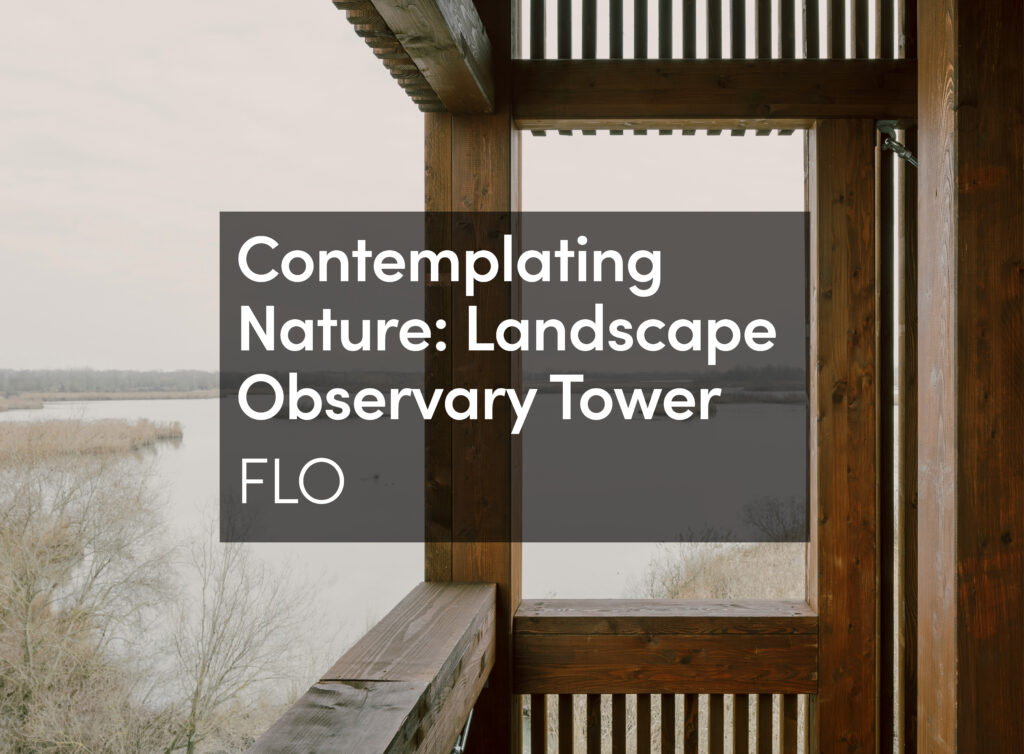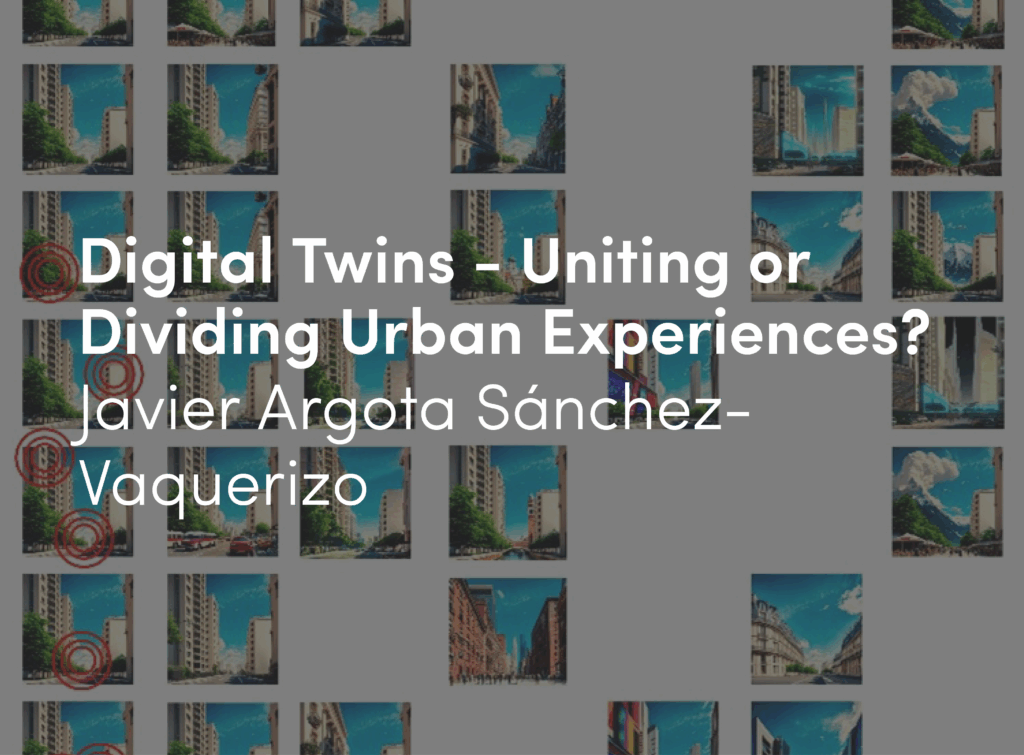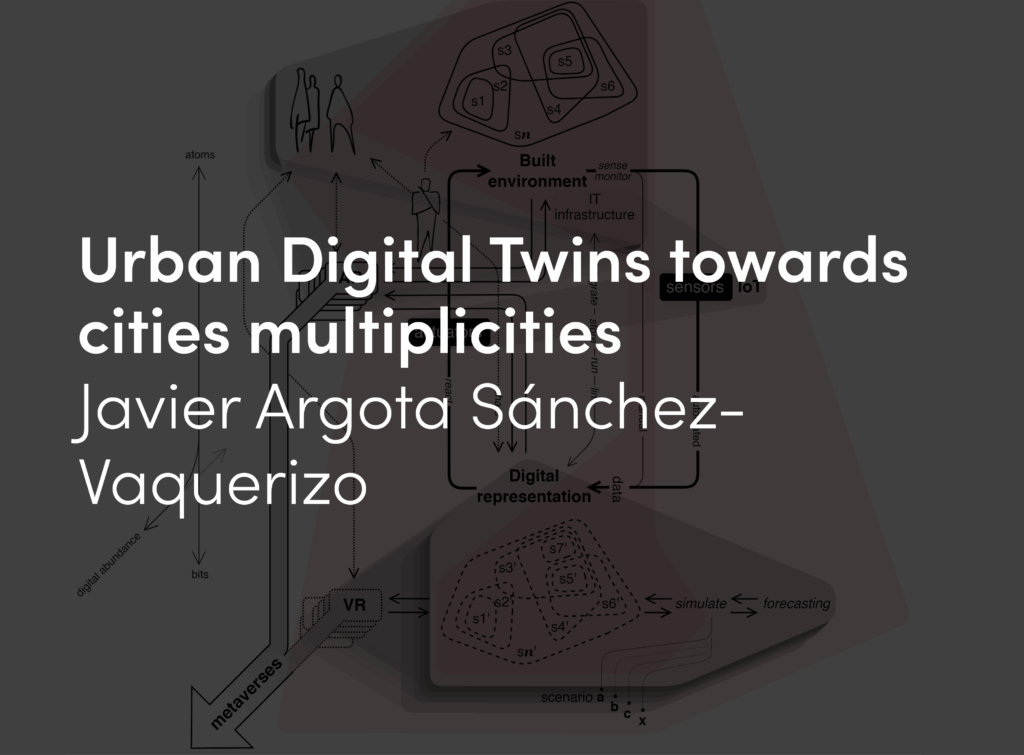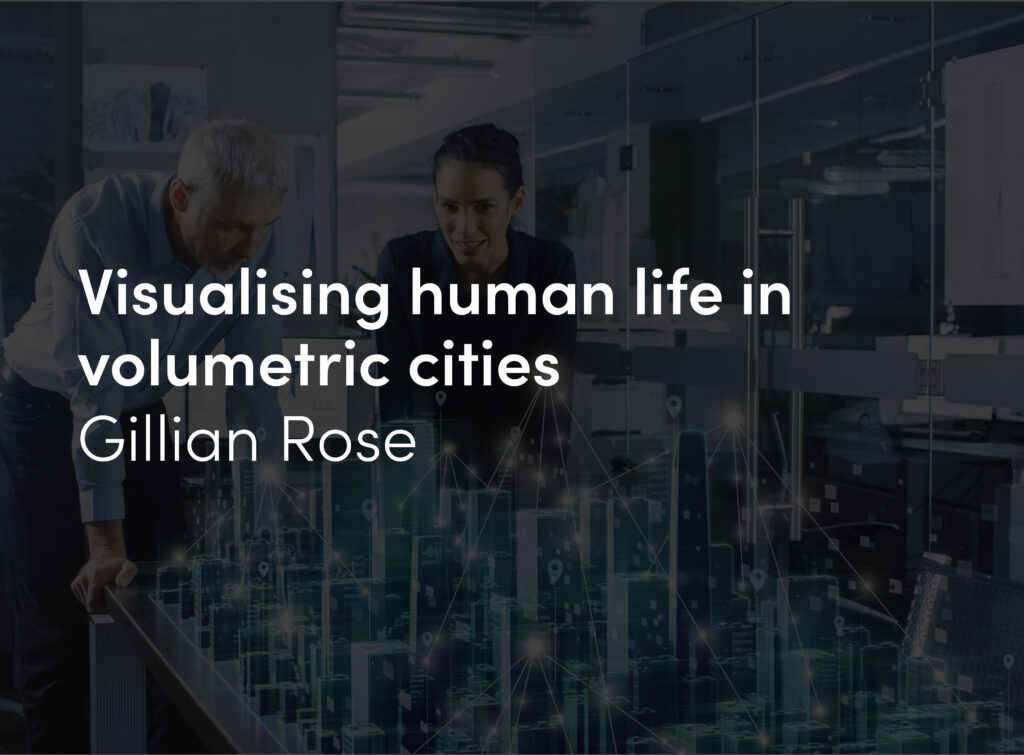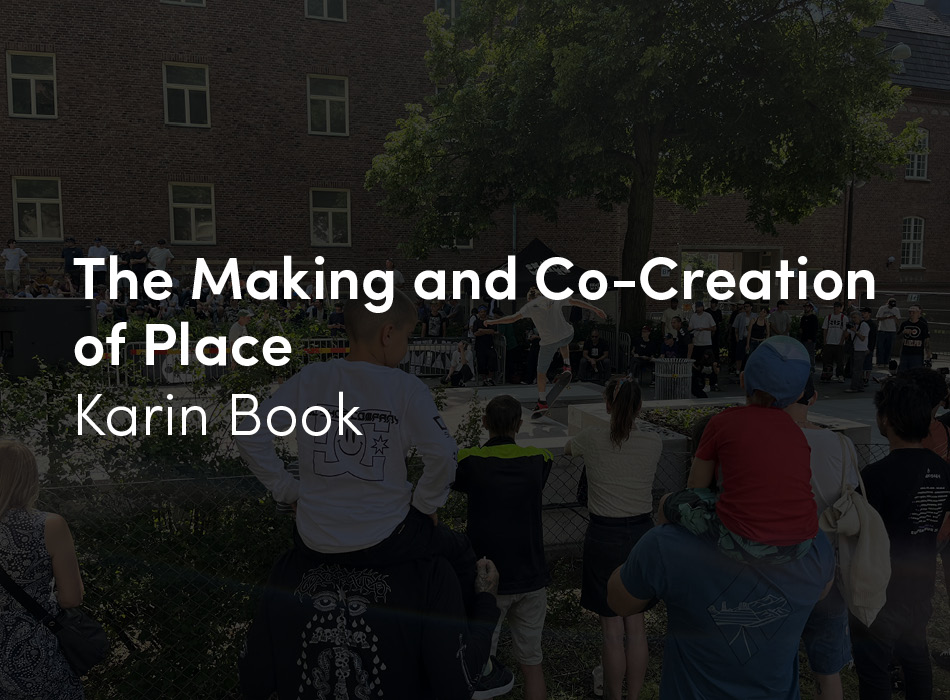Despite the seeming accumulation of natural and manmade disasters over the last decade, and increasing urban intensification across the world, there seems to be little or no actual progress in solving urban ecological problems. In exploring a way forward, Maria Kaika and Erik Swyngedouw highlight three potential approaches to urban socio-ecological research and how these might provide a conduit for re-politicising urban nature.
This contribution focuses on the paradoxical situation that despite the increasing attention paid to urban environmental problems on the part of policy makers, architects, planners and a variety of non-governmental and citizens’ organisations, the urban ecological conundrum has become more intractable than ever. The last decade has seen Hurricane Katrina ransacking New Orleans, increasing CO2 levels (mainly from urban environments) aggravating the threat of global warming, Fukushima’s nuclear nightmare, lack of access to basic resources (water, food, land, medicine) persisting as the main cause of premature mortality in the megacities of the Global South, and recurring quasi-epidemics (HIV, SARS, Avian and Mexican Flu) reshaping global and local geographies of uneven urban development.
Set within the nexus of a growing awareness of the complexity of urban environments on the one hand, and a deterioration of urban socio-ecological conditions on the other, the article will examine three perspectives that have inspired much of urban socio-ecological research over the past decade: urban metabolisms; the neoliberalisation of urban environments; and urban environmental imaginaries and discursive formations. The conclusion charts some of the necessary pathways to repoliticise urban nature.
Urban Metabolism
In his pioneering work Nature’s Metropolis, William Cronon provides a brilliant historical-geographical analysis of how an intense socio-natural metabolic process transformed Chicago into a metropolis.1 The term ‘metabolism’ was originally used in a similar context by Karl Marx when, back in the 19th century, he lifted it from scientifi c discourse to describe the process through which labour and capital transform socio-natural landscapes.2 More recent approaches view the urbanisation of nature as a process of continuous de-territorialisation and re-territorialisation of metabolic circulatory fl ows, organised through social and physical conduits or networks of ‘metabolic vehicles’.3 These processes are infused by relations of power and sustained by particular imaginaries of what nature is or should be.
Under capitalism, the commodity relation and the flow of money suture these socio-ecological processes and turn the city into a metabolic socio-environmental process that stretches from the immediate environment to the remotest corners of the globe.4 Through this conceptual lens, urbanisation is viewed as a process of geographically arranged socioenvironmental metabolisms that fuse the social with the physical, producing a ‘cyborg’ city with distinct physical form and incongruous socio-ecological consequences.5 However, this body of thought has paid relatively little attention to the political opportunities such a perspective could bring, or to imagining radically different urban socio-ecological assemblages. ‘What is required,’ Mark Whitehead argues, ‘is a political methodology of urban nature.’6 Such politicisation of nature became an imperative as the development of the problematic of ‘urban natures’ coincided with the consolidation of the neoliberal onslaught that engulfed the urban condition globally, but in socio-ecologically highly differentiated and deeply inegalitarian manners.
Neoliberalising Urban Environments
The greatest of collectively produced socio-natural oeuvres, the city has always been the playground and battlefi eld of what David Harvey terms ‘accumulation by dispossession’.7 However, the recent politics of neoliberalisation extended dispossession and commodifi cation to a new array of socionatural objects. Water, air, techno-natural infrastructures, CO2 and genetic codes, among others, have now also entered the sphere of commodifi ed quasi-objects and have become subjected to unchecked carousels of capitalist speculation. This radical political-ecological reordering was facilitated by the institution of a new urban policy framework that inserted the environmental question into urban policies via the logic of ecological modernisation, and through the rhetoric of ‘sustainability’.
Despite the fact that the pioneering academic argument about ‘sustainable development’ often incorporates the social – alongside the environment and the economy – as an integral part of the sustainable development ‘triad’, the current practice of ‘sustainable development’ more often than not sidelines issues of environmental justice and equality through a new policy framework that promotes market-led, technocratic approaches to ‘greening’ capitalism.8 As cities produce 80 per cent of the world’s greenhouse emissions, greening capitalism becomes pretty much an urban question. Eco-cities are perhaps the most exemplary showcases of green capital investment. Abu Dhabi’s Masdar City is portrayed as the first fully sustainable city and claims to be setting Abu Dhabi on a course to a post-carbon capitalist urbanisation. Arup’s now defunct Dongtan project, outside Shanghai, was once conceived as China’s showcase for environmentally friendly urbanisation.
As sustainable urban development evolves into a market logic that opens up new avenues for capital accumulation, the environmental question has become one that mobilises diverse political energies. Such new forms of environmental governance have been criticised for excessively empowering business elites, for negating issues of democracy and accountability, and for ‘naturalising the political’.9 The new assemblages of money–materialities–governance for managing resources across the urban world redraw the socio-spatial choreographies of the flows of water, waste, food, etc, re-articulate patterns of control and access along class, gender and ethnic lines, and reconfi gure maps of entitlement and exclusion. At the other end of the spectrum, however, these same assemblages of capital/natures/cities/people have also given birth to all manner of struggles and contestation, ushering a variety of tactics of resistance, rebellion, and imaginings of alternative urban socio-environmental practices.
Urban Socio-Ecological Imaginaries
Despite the importance of the materiality of the urbanisation of nature, neither urban environmental interventions nor the material practices of (in)justice and (in)equality can be understood without referring to the discursive practices that accompany and support them. Despite – or perhaps because of – the fact that social studies of science have convincingly rejected the possibility to fi x our knowledge about entities perceived as ‘natural’, a variety of interpretations and representations of what ‘nature’ really is have been advanced, each of which aims to coshape how to think about, and act on ‘nature’.10
For example, the representation of nature as vulnerable, victim or derailed and, therefore, in need of saving is based on ‘a political semiotics of representation’ where ‘the represented is reduced to the permanent status of the recipient of action, never to be a co-actor in an articulated practice’.11 Such a view of nature has recently informed policies of environmental reconstruction that aim to revert nature to its presumed pristine state. At the other end of the spectrum, Giddens’s claim that we have reached ‘the end of nature’ paves the road for an entirely different way of engaging with it, one that questions the notion of a lost and originally pristine nature (that needs to be recaptured), that recognises its irredeemable socialisation and urges us to mobilise the courage to deploy new and different socio-ecological assemblages.12
These imagined, scripted and symbolically charged ‘natures’ are always necessarily inadequate, always leave a gap in the understanding and interpretation of the natures that are there materially, and that are complex, chaotic, often unpredictable, contingent, historically and geographically variable, and risky. Morton, for example, argues convincingly that the proliferation of such confl icting meanings of nature and associated policy derivatives, such as ‘sustainability’, has turned nature into an ‘empty’ signifi er.13 There is not such a thing as a singular nature around which an urban environmental policy or an environmentally sensitive intervention can be constructed and performed. Rather, there is a multitude of urban natures and a multitude of existing, possible or practical socio-natural relations. ‘Nature’ is a tapestry, a montage of meanings, held together with quilting points (points de capiton), and knitted together like the upholstery of a Chesterfi eld sofa.14
However, despite general academic consensus on the impossibility of ‘fi xing’ the meaning of nature, a growing global awareness of an ‘environmental crisis’ that poses a possible catastrophic threat to civilisation as we know it has led to an emergence of a global consensus over nature as radically out-ofsync, singular, under threat and in need of saving. This consensus has transformed the signifying chains that attempt to provide a new ‘content’ for nature. Urging for techno-managerial and governance realignments that can save the planet, the discursive framing of nature as singular has enormous implications for inequality and injustice in the city, as it annuls the properly political moment, ruptures hopes for environmental justice, whether in the form of procedural justice (through the removal of real debate and dissensus over what stands for equality) or the justice of capabilities (through disavowing more radical pathways to building a more socially and environmentally just society beyond the current status quo).
Indeed, while clouded in the rhetoric of imminent catastrophe and the need for radical change, technical fixes to environmental problems are currently highlighted as solutions, making sure that nothing really changes and contributing to what has been defi ned as a post-political urban condition.15 Is this not the underlying message of, for example, An Inconvenient Truth – the 2006 documentary film on catastrophic climate change presented by former US Vice President Al Gore – or of the report of the United Nations Intergovernmental Panel on Climate Change (IPCC) on its human consequences? Both these narratives, in their very different representational ways (popular/populist on the one hand, ‘scientifi c’ on the other), urge radical changes in the techno-organisational management of the socionatural environment in order to assure that the world as we know it stays fundamentally the same, leading Badiou to conclude that ‘ecology is the new opium for the masses’.16
Politicising Urban Environments
Caught between the urge to retrofi t urban socio-natures with sustainable technologies and governance practices and the desire to ‘protect’ a nature under threat, the controversies surrounding urbanising nature stand for a political inability to rearrange the socio-ecological coordinates of everyday life, and to produce radically new, and more equitable, urban socio-natural confi gurations. This would require recasting city/nature as a decidedly political project, and re-centring the political is a necessary condition for tackling questions of urban environmental justice and for creating different socio-ecological urban assemblages. However, re-centring the political is not enough in itself. We also need to reassert the materialities of the natures we work with, respect the idiosyncrasies and particular acting of parts of nature, not all of which are or can be fully understood. We also need to engage head-on with the condition that, despite intense struggle and despite growing understanding, precious little real change takes place. Whether we depict nature as a thing ‘out there’, to be saved, or as a frontier to be conquered or ignored, it becomes imperative to ask questions about what visions of nature and what urban socio-environmental relations we wish to inhabit. What quilting points can be mobilised and how can new political urban socio-ecological narratives be stitched together? What issues and whose voices are being silenced and who or what has the right to speak and to be heard?
A politically engaging urban ecological research and practice is about changing the frame through which things and conditions are perceived, transforming the conditions of impossibility, not only to the possible, but also to necessary ones. Imagining, again, urban environmental utopias that go beyond a neoliberal framework is imperative. We should dare to try again, to think anew, even if we have to fail again.






